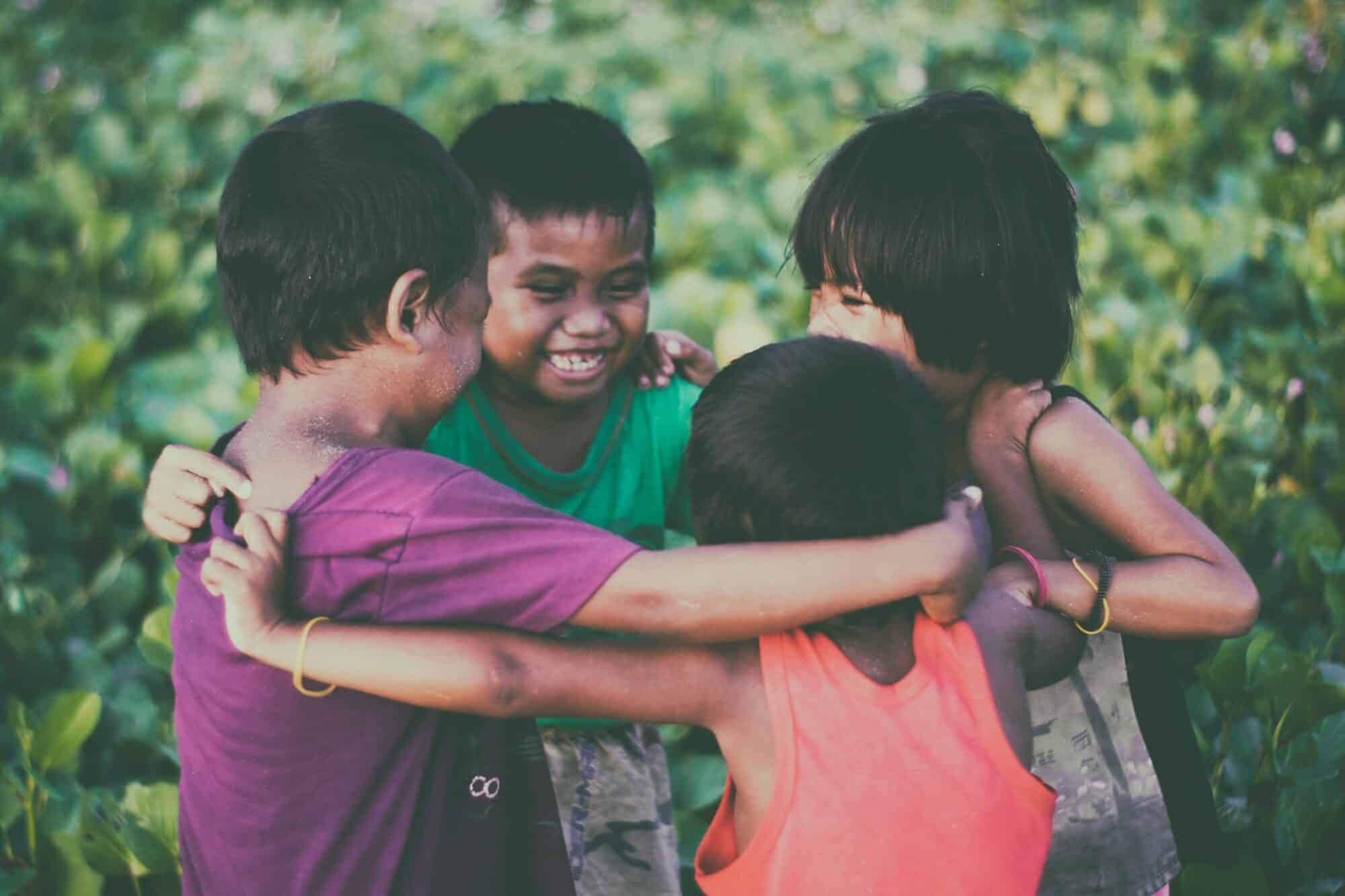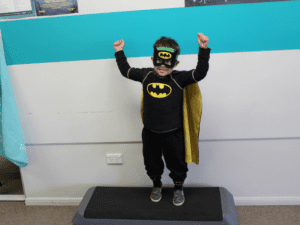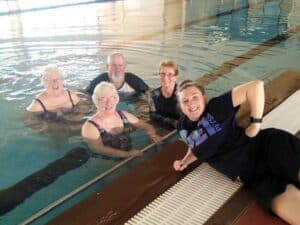Very often we hear the phrase “social skills” thrown around by therapists and educators. But what does it exactly mean?
Social skills are the skills that we use each day to interact with each other. There isn’t one exact skill, but instead, there are a number of smaller skills, which include:
- Verbal communication (speech and language)
- Non-verbal communication (body language, gesture, and facial expression)
These skills are the building blocks that allow us to have positive social interactions with others, and create and maintain friendships. Individuals may also need to utilise empathy, perspective taking, conflict management, and resilience in order to make and maintain friendships.
How can we support our kids to build social skills?
There are a number of ways that we can support children to develop their social skills.
- Model appropriate social skills. Kids often learn by mimicking others, so if you exhibit a certain behaviour, chances are that your child will pick this up too.
- Encourage your child to play with children their own age. Some kids may want to play with children older or younger than them. If this is the only interaction with other children that they have, then they will likely pick up the appropriate skills to interact with that age group and not their own. By playing with children their own age, they learn how to interact appropriately with their peers, which will be vital once they start school.
- Allow them to attempt to problem solve. Problem-solving is a huge part of social interaction; we don’t always get what we want, and situations don’t always go the way that we expect. By allowing children to attempt to problem solve simple difficulties, we build their problem-solving skills and their resilience.
If your child has ongoing difficulties interacting with their peers, they might benefit from Occupational Therapy input. Give our friendly team a call on 0745 993 165 today.




